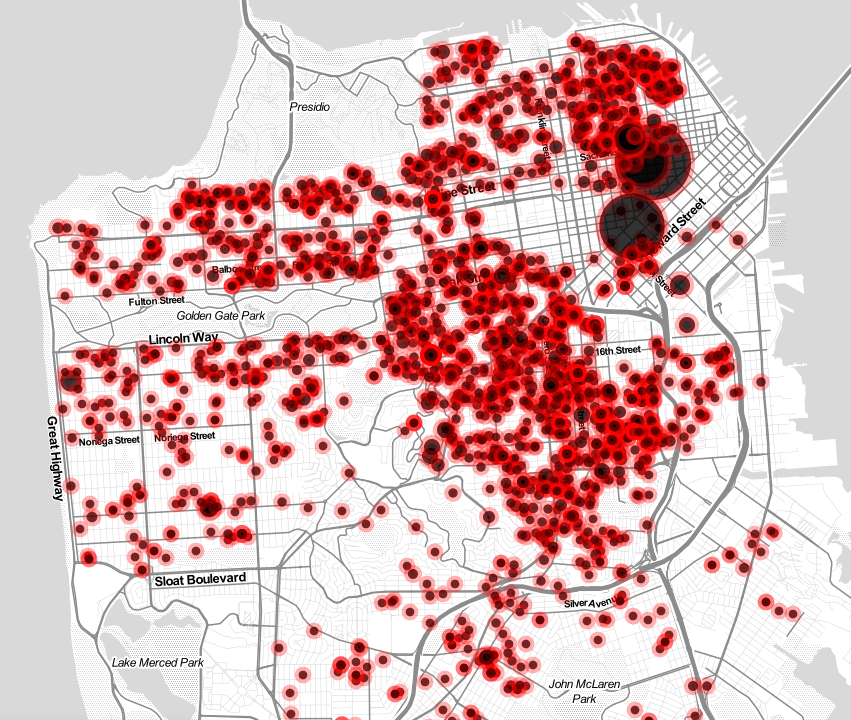
‘Ellis Act’ Evictions and the Mission
Part of the graduating class of the MA Urban and Public Affairs program, Zachary James ’20 completed his capstone on the issue of Ellis Act evictions. In this week’s blog he explains his premise for his research and his wider interest in housing issues in the Bay Area.
During my time in the Urban and Public Affairs program at USF I developed an interest in affordable housing and evictions in San Francisco. Specifically, I focused my capstone thesis research on the detrimental impact that Ellis Act evictions have had upon vulnerable communities in the Mission District, one of San Francisco’s most heavily gentrified neighborhoods.
The Ellis Act is a California state law that gives a landlord the right to evict tenants for no reason at all in order to remove those rental units from the market and to get out of the business of being a landlord. While the law was intended to give ‘mom and pop’ landlords a way out of the business when they are unable to continue the operations of being a landlord, my research indicates that in the Mission District this law has been abused by real estate speculators to target rent-controlled tenants for eviction, resulting in the regional displacement of these vulnerable communities. These speculators buy rent-controlled buildings with the intention of invoking the Ellis Act, evicting tenants, and flipping these properties for profit. Rent-controlled tenants in the Mission District are so often targeted for Ellis Act evictions because real estate speculators stand to make huge profits by renovating these buildings and selling them at market rate prices. In addition to the main recommendation that my project makes, which is to completely repeal the Ellis Act, I also provided recommendations to reform the Ellis Act to bolster tenant’s rights and to curb the speculative use of the law.

Ellis Act Evictions from 1/1/1994 – 1/26/2020 via Anti-Eviction Mapping Project
As a part of my research, I conducted interviews with tenants who have been evicted via the Ellis Act or who are currently facing an Ellis Act eviction. These interviews demonstrated the human toll that eviction places upon people and families. I also interviewed lawyers who represent tenants in Ellis Act eviction cases to get a better understanding of the barriers that tenants face in fighting these evictions in court. I was also lucky enough to be able to interview former California State Senator and San Francisco Supervisor Mark Leno who led reform efforts of the Ellis Act in the state legislature.
Overall, working on this capstone project allowed me to develop my interest in the issue of affordable housing and helped to expand my political, social, and academic horizons. In the future I plan to continue my work in housing policy in San Francisco and because of this project I have a much better understanding of the issues that we face on the path toward attaining affordable housing for all.

